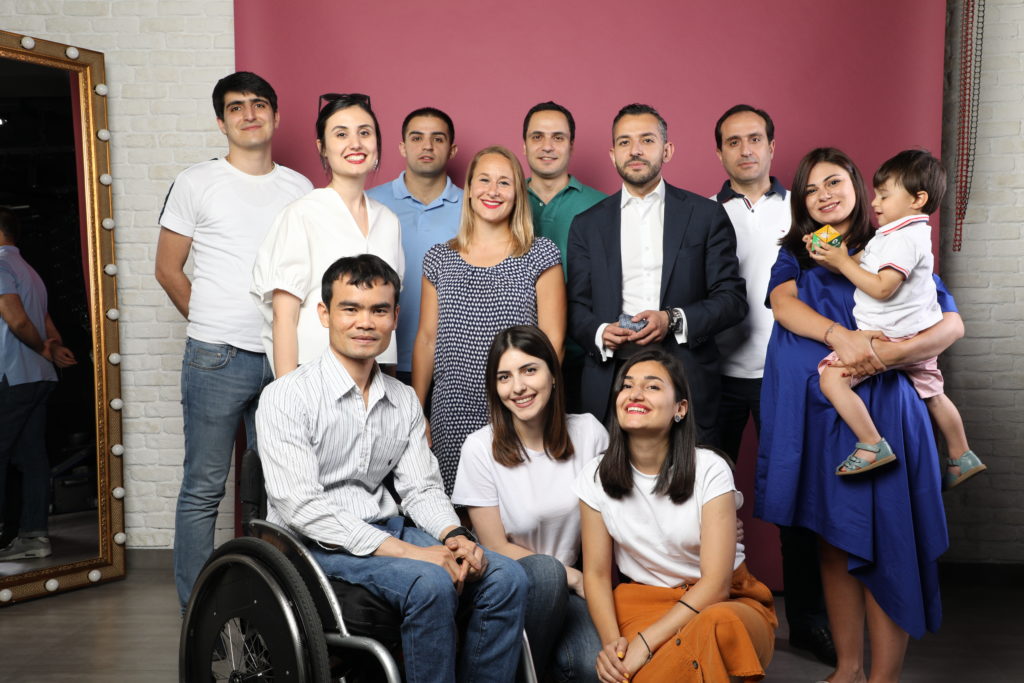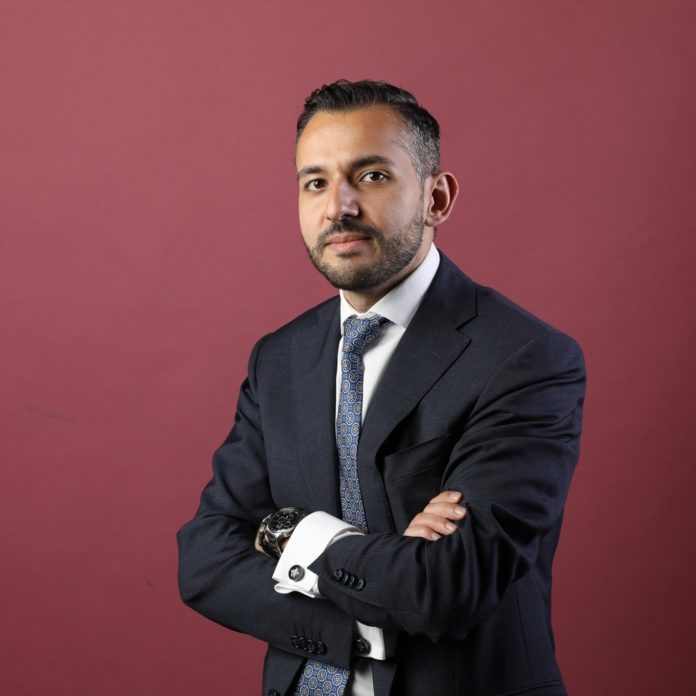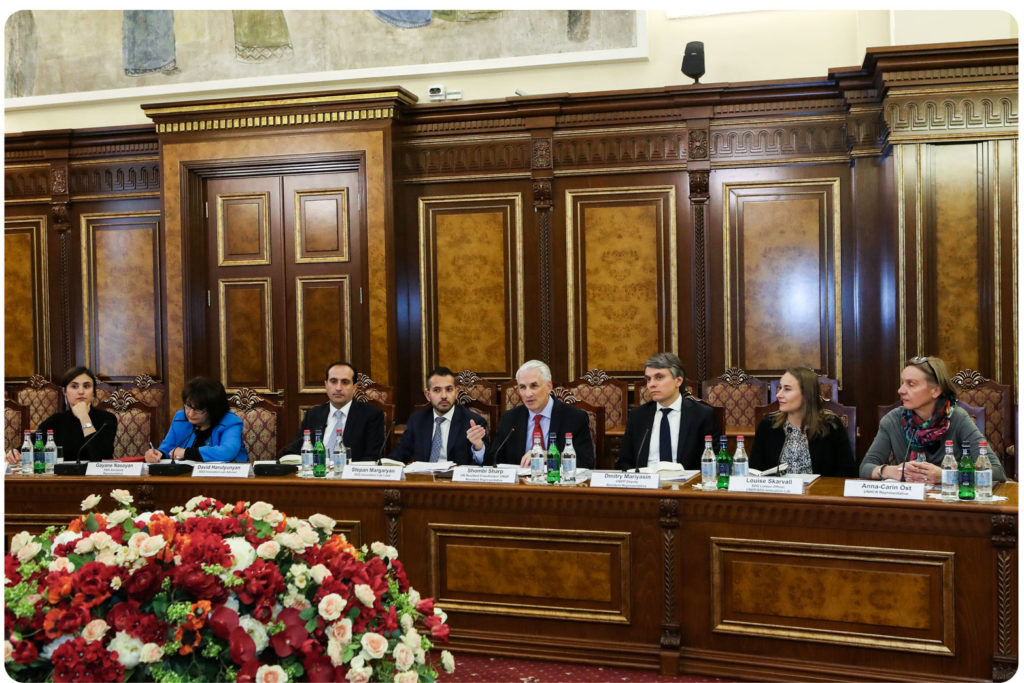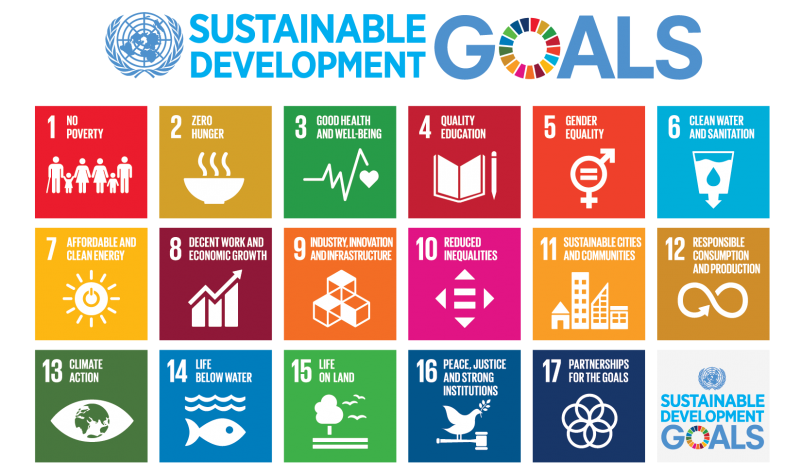CAMBRIDGE, Mass. – Armenia has a unique and technologically advanced research and development institution called Armenia National Sustainable Development Goals (SDG) Innovation Lab. It was established in 2017 as a joint venture of the Armenian government and the United Nations Office in Armenia, with support from the UN Development Programme, in order to accelerate the achievement of the 17 SDG goals set by the UN which the Armenian government agreed in 2015 to accomplish by 2030. These include ending poverty and hunger, defending the environment and human rights, and fashioning peaceful, just and inclusive societies with economic growth, shared prosperity and decent work for all.
Stepan Margaryan was appointed as director of the lab after the change of regime in 2018, at the end of the year, when some restructuring took place. Margaryan traveled in the official Armenian delegation with Deputy Prime Minister Tigran Avinyan to Boston in the latter half of this July. He said that the vision of the lab initially was centered on the SDG and currently “is intended to attain sustainable development with the aid of public policy innovation.” The lab or center has a large portfolio of plans which basically correspond to the priorities of the Armenian government as well as the SDG.
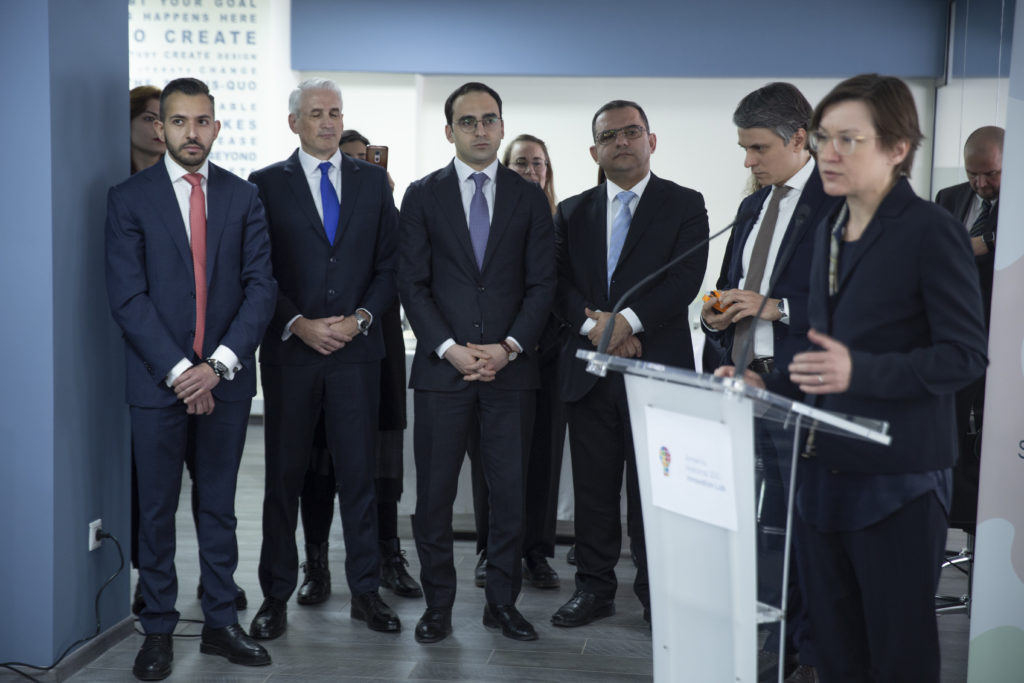
Margaryan previously worked as vice president and director of the academic programs and awards of the Foundation for Armenian Science and Technology (FAST), created by entrepreneur/philanthropists Ruben Vardanyan and Noubar Afeyan to develop science and education in Armenia. Margaryan said that he began his involvement in technologies like biotech, artificial intelligence (AI), drones and robots at that time.
He started his higher education with a bachelor’s degree from Yerevan State Linguistic University (2008) but switched to international relations for his master’s degree from London’s Metropolitan University (2010) and managerial economics for his doctorate from the State Academy of Public Administration of the Republic of Armenia (2013). Finally, he obtained an MBA in Rome from LUISS Business School (2017).
Margaryan said that at present the SDG lab has a staff of 14, which includes three data scientists who work with largescale data and create AI algorithms. What the lab does and the policies it pursues, Margaryan said, are “maximally human-centered so that people can benefit from them.” The results of the work of governments can be measured by seeing how satisfied and happy people are, and how well they live in their country, he explained.
The Armenian government is the chief partner of the lab. Consequently, he said, “We always participate in discussions on various topics with ministries, including the ministers and deputy ministers, and issues always come up. We try to find solutions to their problems.” When interesting ideas lead to program proposals, Margaryan said that funding was not a problem, exclaiming, “Believe me, the money is always found to carry them out. There are various donors ready to help Armenia do those programs.” The pilot programs that work, Margaryan said, can be carried out on the national level. In other words, he said, “we are insuring the government from the risks, if it first would try them on a large scale and fail and lose large sums.”
